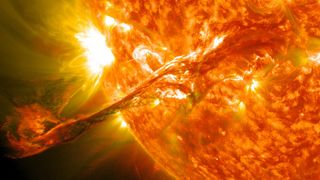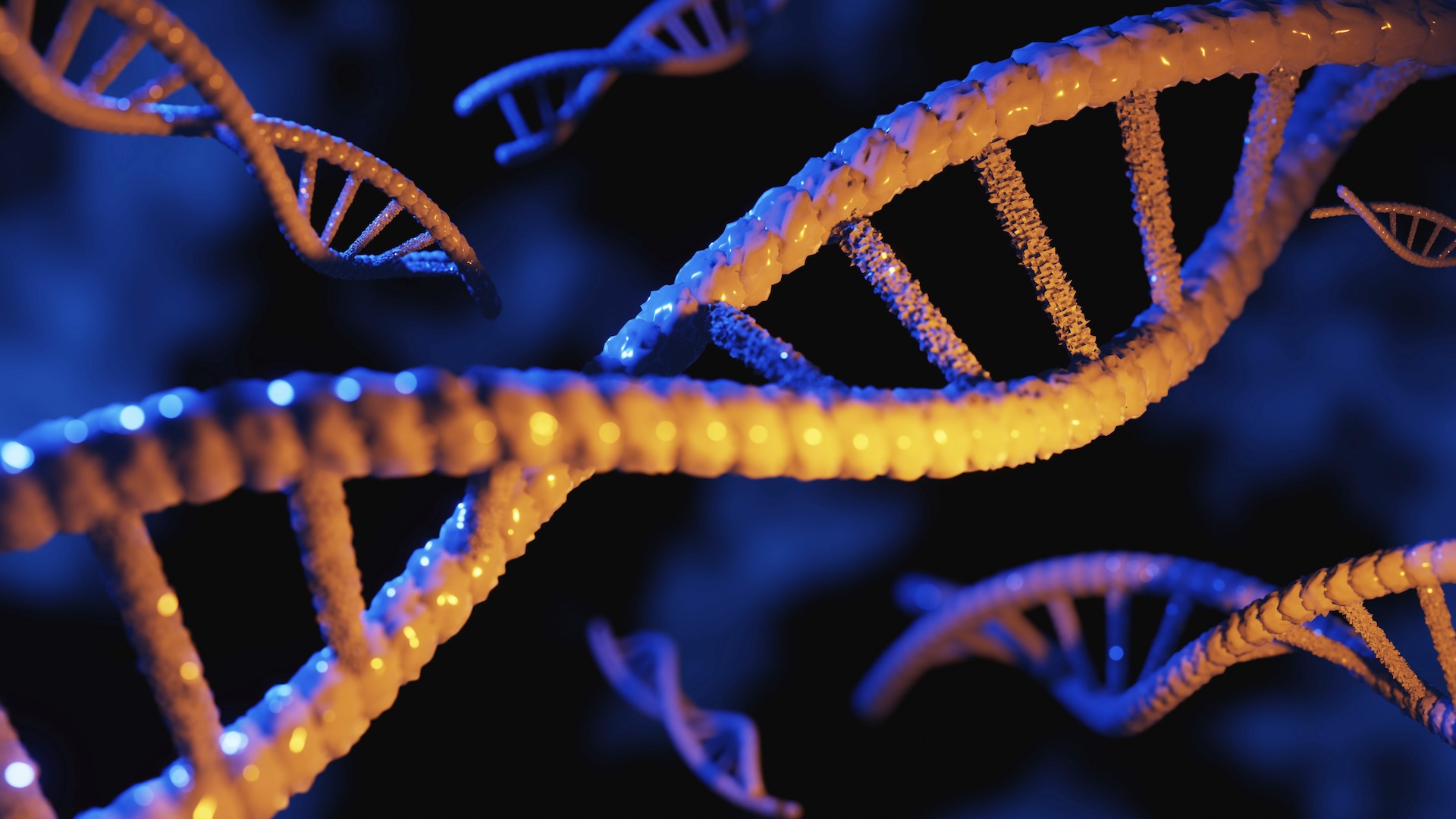Science News: Recent scientific discoveries and expert analysis
Read the latest science news and recent scientific discoveries on Live Science, where we've been reporting on groundbreaking advances for over 20 years. Our expert editors, writers and contributors are ready to guide you through today's most important breakthroughs in science with expert analysis, in-depth explainers and interesting articles, covering everything from space, technology, health, animals, planet Earth, and much more.

Explainers | Everything you need to know about the science news that matters.

Science Spotlight | Shining a light on new science transforming our world.
Latest news
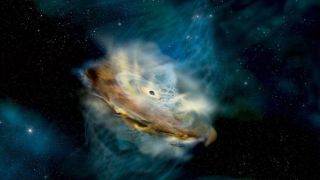
Scientists spot 'rule-breaking' black hole growing 13 times faster than should be possible
By Ivan Farkas published
An ancient, fast-feeding quasar is breaking the rules of how black holes consume matter and generate galaxy-shaping jets.

Ultrafast quantum chemistry engine could speed up the development of new medicines and materials
By Skyler Ware published
The powerful software can reduce the time needed to simulate reactions with large molecules from weeks to just minutes.
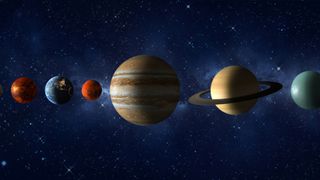
Rare 'planetary parade' will return to the evening sky this week
By Jamie Carter published
Six planets will shine together in the evening sky on Feb. 28. Here's how to get the best view before they disappear.
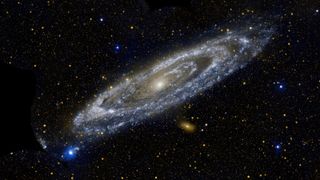
Scientists may have seen a star collapse directly into a black hole without exploding first
By Evan Gough published
A new study looked at how a massive star in the Andromeda Galaxy disappeared due to the formation of a black hole

'The limits of human longevity have still not been reached,' study suggests
By Florian Bonnet, Carlo Giovanni Camarda, France Meslé, Josselin Thuilliez published
A new study, analyzing 450 regions in western Europe, focused on where the oldest people end up residing across the continent.

'Thermodynamic computer' can mimic AI neural networks — using orders of magnitude less energy to generate images
By Anna Demming published
Researchers generated images from noise, using orders of magnitude less energy than current generative AI models require.

Scientists propose new plan to 'catch' comet 3I/ATLAS — but we have to act fast
By Matthew Williams published
A new study explores the challenges of catching interstellar comets like comet 3I/ATLAS

Emerging embryo-selection technologies are currently 'little more than snake oil.' But someday, they could widen social inequities.
By Daphne O. Martschenko, Sam Trejo published
Book In the book "What We Inherit," experts unpack long-standing myths about genes and how those myths could shape public opinion around emerging embryo-selection technologies.
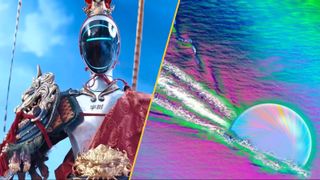
China's kung fu robots, physicists' re-creation of the Big Bang soup, a teenager buried with her father's bones on her chest, and mathmeticians puzzle over AI taking their jobs.
By Ben Turner published
Science news this week Feb. 21, 2026: Our weekly roundup of the latest science in the news, as well as a few fascinating articles to keep you entertained over the weekend.
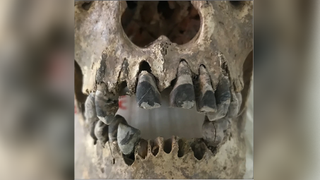
2,000-year-old skulls reveal people in ancient Vietnam permanently blackened their teeth — a stylish practice that persists today
By Kristina Killgrove published
In a study of 2,000-year-old skulls from Vietnam, archaeologists discovered that iron was the primary component that dyed teeth black.
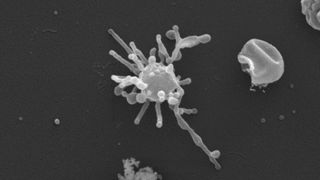
Ancient 'Asgard' microbe may have used oxygen long before it was plentiful on Earth, offering new clue to origins of complex life
By Kenna Hughes-Castleberry published
A new study suggests that ancient microbes once cast as oxygen haters may have actually learned to use the gas, offering a clue to how the first complex cells — and, eventually, all plants and animals — evolved.
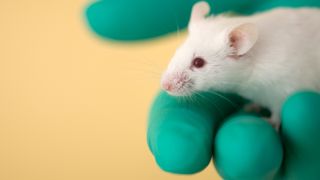
'Universal' nasal-spray vaccine protects against viruses, bacteria and allergens in mice
By Nicoletta Lanese published
In an early animal test, a new nasal-spray vaccine has shown promise against a variety of germs and a common allergen, scientists report.
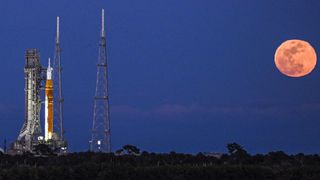
Artemis II update: NASA targets March 6 for launch of historic moon mission following successful 'wet dress rehearsal'
By Brandon Specktor, Ben Turner published
NASA is targeting March 6 as the earliest possible launch date for the Artemis II mission to the moon following a successful 'wet dress rehearsal' on Thursday.
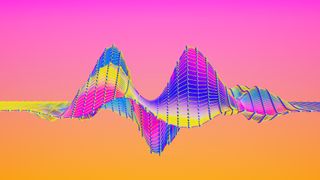
Your own voice could be your biggest privacy threat. How can we stop AI technologies exploiting it?
By Drew Turney published
Voices contain countless cues about their owners, and new research suggests that computers might use them to facilitate a range of bad behaviors.
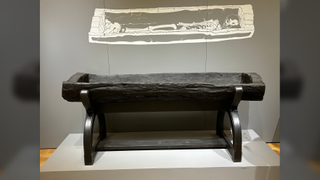
A coffin holding a dead 'princess' fell from an eroded cliff over 100 years ago — archaeologists just solved a major mystery about her
By Kristina Killgrove published
Dendrochronological analysis of a mysterious log coffin that tumbled from a cliff a century ago reveals clues to life in Roman-era Poland.
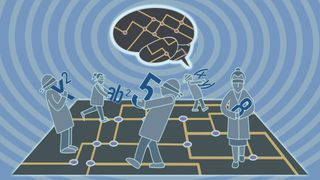
'Proof by intimidation': AI is confidently solving 'impossible' math problems. But can it convince the world's top mathematicians?
By Kit Yates published
AI could soon spew out hundreds of mathematical proofs that look "right" but contain hidden flaws, or proofs so complex we can't verify them. How will we know if they're right?
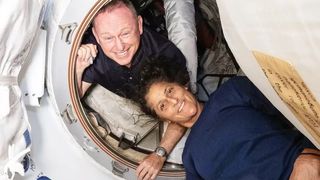
Bungled Boeing Starliner mission was the highest order of mishap that put stranded astronauts at risk, report says
By Ben Turner published
The 2024 Starliner mission, which left astronauts Butch Wilmore and Suni Williams stranded in space for nine months, has received NASA's worst mishap classification in a damning report.
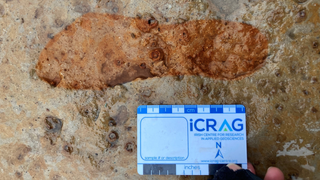
In a 'race against time,' archaeologists uncovered Roman-era footprints from a Scottish beach before the tide washed them away
By Kristina Killgrove published
Archaeologists raced against the tide to record a unique set of footprints made 2,000 years ago on a Scottish beach.
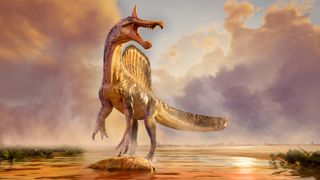
95 million-year-old Spinosaurus had a scimitar-shaped head crest and waded through the Sahara's rivers like a 'hell heron'
By Kenna Hughes-Castleberry published
Researchers have identified a new Spinosaurus species with a blade-like crest in Niger, changing our understanding of dinosaur evolution and behavior.
Get the world’s most fascinating discoveries delivered straight to your inbox.
 Live Science Plus
Live Science Plus











